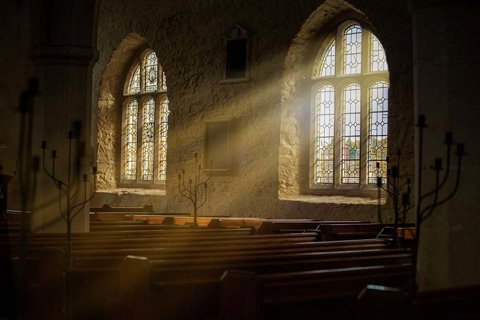
Man Sexually Abused By School Gets His Life Back 25 Years Later
Mr R was physically and sexually abused during his school years in the 1970s and 80s. In his first school, he was physically abused by the headmaster and two other staff members.


Senior Associate Solicitor & Team Leader, Abuse Claims
A former bishop has been banned from the Church of England for life, after being accused of covering up sexual abuse. Currently, there is no legal requirement for institutions to report sexual abuse to the police. However in this case, the CoE reported the matters to the police, handling and concluding the case internally. This sets a precedent for other institutions, in light of recommendations in a recent report by the Independent Inquiry into Child Sexual Abuse (IICSA).
Peter Hullah, former Bishop of Ramsbury and Headmaster of Chetham’s School for Music will never conduct ministerial duties again, after a series of sexual abuse allegations. An investigation by the Mail has reported these investigations were concluded by the Church of England in summer 2022.
In 2013, Hullah admitted he covered up an incident of sexual abuse involving his former colleague Michael Brewer, music director of Chetham’s. Brewer initiated a sexual relationship with a 17-year-old student and was forced to resign under the guise of “health issues”. Hullah admitted this was a false story that he suggested to Brewer, under the questioning of Judge Martin Rudland, who suggested this was a “cover up…swept under the carpet”.
Multiple women made complaints to the Church about Hullah, speaking of two incidents that happened in 1985 and 1999, one at Sevenoaks School in Kent and the latter at Chetham’s. The Church of England referred the complaints to the police after they were deemed to be serious enough. This is an example of an institution working in the spirit of IICSA’s report, in which recommendations are made to make it legally mandatory for institutions to report sexual abuse cases.

To find out more about how we can help in cases of historic abuse, get in touch with our compassionate and experienced team.
Daily Mail. (2023, February 15). Bishop Accused in School Sex Abuse Cover-Up Defrocked for Misconduct with Two Women 37 Years Ago. Retrieved from https://www.dailymail.co.uk/news/article-11459085/Bishop-accused-school-sex-abuse-cover-defrocked-misconduct-two-women-37-years-ago.html
The Guardian. (2019, October 11). Former Chetham's Headteachers Accused of Ignoring Abuse. Retrieved from https://www.theguardian.com/uk-news/2019/oct/11/former-chethams-headteachers-accused-of-ignoring-abuse
BBC News. (2013, January 23). [Title of the Article]. Retrieved from https://www.bbc.co.uk/news/uk-england-21088154
Fill in the form below to get in touch with one of our dedicated team members, or call our team today on: 0800 260 5010